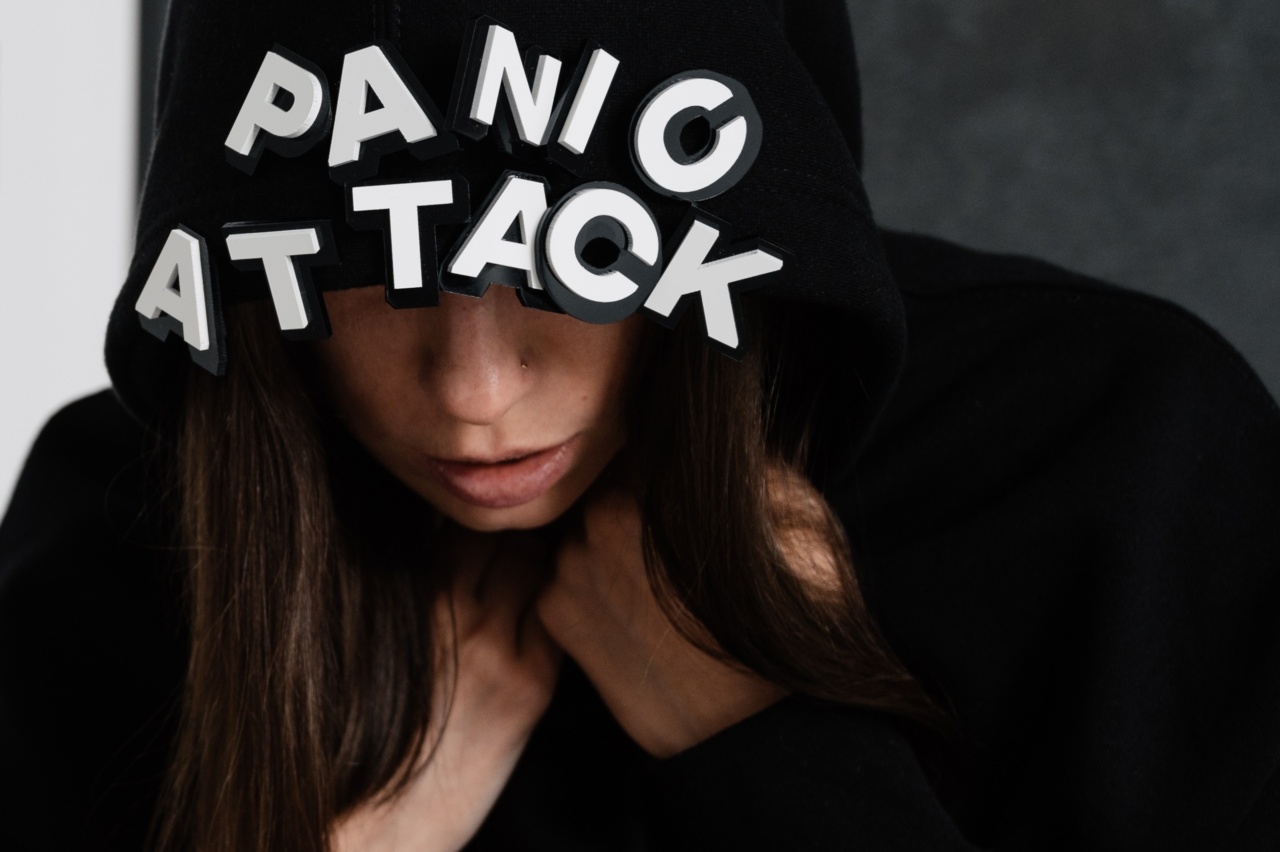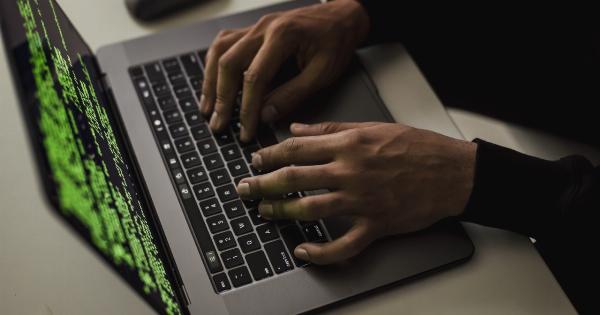Panic attacks are sudden and often overwhelming feelings of intense fear and anxiety. They can occur at any time without warning, leaving individuals feeling terrified and helpless.
Understanding the causes of panic attacks is crucial to managing and treating this debilitating condition.
1. Genetics
Research suggests that genetics play a role in the development of panic attacks. Studies have found that individuals with a family history of panic disorder are more likely to experience panic attacks themselves.
However, having a genetic predisposition does not guarantee that someone will develop panic attacks, as other factors come into play.
2. Biological Factors
Neurotransmitters in the brain, such as serotonin and norepinephrine, play a significant role in regulating mood and anxiety. Imbalances in these neurotransmitters have been linked to the onset of panic attacks.
Additionally, abnormalities in the amygdala, the brain region responsible for fear responses, may also contribute to the development of panic disorder.
3. Environmental Factors
Stressful life events, such as the loss of a loved one, divorce, or job loss, can trigger panic attacks in some individuals. Traumatic experiences, such as physical or sexual abuse, can also increase the risk.
Additionally, ongoing stressors like financial difficulties or major life changes may contribute to the development of panic attacks.
4. Substance Abuse
Substance abuse, particularly the misuse of drugs and alcohol, can exacerbate the symptoms of panic disorder. Certain substances can trigger panic attacks, making individuals more susceptible to experiencing these episodes.
It is crucial to address any substance abuse issues when treating panic attacks to achieve long-term recovery.
5. Phobias and Avoidance
Panic attacks can also be triggered by specific phobias or situations that individuals try to avoid. For example, someone with a fear of flying may experience a panic attack when faced with the prospect of boarding a plane.
Avoidance behaviors can perpetuate the cycle of panic attacks, leading to increased anxiety and fear in similar situations.
6. Cognitive Factors
Thought patterns and beliefs can contribute to the development of panic attacks. Individuals who catastrophize or have a tendency to interpret bodily sensations as threatening are more prone to experiencing panic attacks.
Negative self-talk and irrational thinking can fuel anxiety and increase the likelihood of panic episodes.
7. Medical Conditions
Certain medical conditions, such as thyroid disorders, cardiac issues, and respiratory conditions, can mimic the symptoms of panic attacks. Being diagnosed with a medical condition can create fear and anxiety, leading to panic-like symptoms.
It is essential to rule out any underlying medical causes when evaluating and diagnosing panic attacks.
8. Lack of Coping Mechanisms
Individuals who lack effective coping mechanisms to manage stress and anxiety may be more susceptible to panic attacks. Without healthy ways to handle stress, individuals may feel overwhelmed, leading to an increased risk of panic episodes.
9. Personality Factors
Certain personality traits may predispose individuals to experience panic attacks. Those who are perfectionistic, highly sensitive, or prone to excessive worrying may be at a higher risk.
Additionally, individuals with a history of anxiety disorders or other mental health conditions are more likely to develop panic attacks.
10. Sleep Disturbances
Disruptions in sleep patterns, such as insomnia or sleep apnea, can contribute to the onset of panic attacks. Lack of quality sleep can increase anxiety levels and make individuals more susceptible to experiencing panic episodes.






















